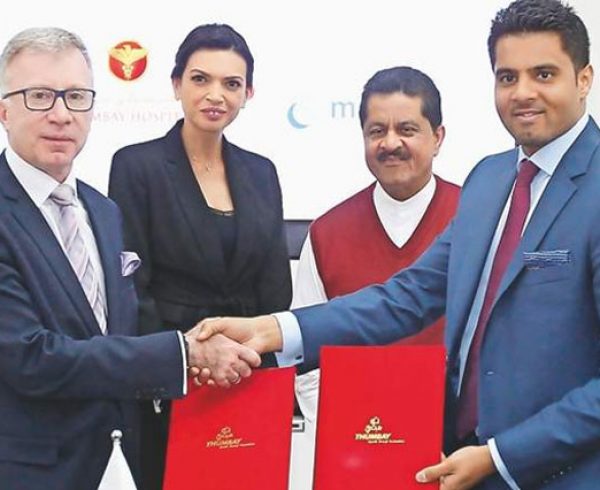Valiant Clinic Offers Ramadan Nutrition Tips and Complimentary Health Screenings during the holy month of Ramadan
- The Western Board-Certified team of Health Experts at Valiant Clinic have put together a Health Tips Guide for fasting in Ramadan for optimal health results.
- Valiant Clinic offers Complimentary Health Screenings during the month of Ramadan.
Ramadan is a time of reflection, prayer, patience and good deeds. It is a season of celebration and appreciation of all the blessing’s in one’s life, sharing with your family and loved ones as well as a time to become a better person all round.
Ramadan is also the perfect time to reflect on one’s health and the choices we make to appreciate our bodies and minds. Valiant Clinic is offering complimentary health screenings to anyone who wishes to check their health status during the Holy Month of Ramadan. These complimentary health screenings include Blood Pressure Measurements, Random Blood Sugar test, Body Mass Index, Cholesterol as well as 10 minute express physician consultation.
Despite the many benefits of fasting, abstaining from food and drink for long periods of time can be tough as one’s body and mind need to adapt to the new changes.
Nutrition
- Break Your Fast With Dates: This natural source of energy provides potassium, copper, manganese and fiber which make them a great way to break our fast.
- Iftar Meal: Make sure you provide a balance between starches, lean protein, and vegetables by starting your meal with a salad or soup and making sure to avoid fried foods, high fat and high sugary items such as baked goods, sweets and dishes with creamy sauces.
- Suhour Meal:Make sure to have a late meal in order to have a longer lasting energy during the day. Aim for high fiber/protein sources that are low in salt to avoid thirst such as oatmeal with low fat milk and berries, boiled eggs with whole wheat bread and vegetables.
- Stay Hydrated:Make sure you drink plenty of water between Iftaar and Suhoor to avoid getting dehydrated. Avoid sugary juices, soft drinks or caffeinated drinks and replace them with water.
Sleep Patterns
- Try to set a sleep schedule and stick to it. A regular sleep routine keeps your biological clock steady – allowing you to rest better.
- When waking up for suhoorit is recommended only a light meal and return to bed until the usual morning wake up time – even on weekends.
- Caffeine and thein are stimulant and make sleep more difficult. Eventually replace caffeinated beverages with the decaffeinated versions to avoid unwanted alertness and difficulty sleeping at night.
Mental Health
- Spending time with your loved ones and having satisfying and meaningful relationships is the main predictor of longevity and perceived feeling of happiness. Takethe opportunity
Of Ramadan to spend as much time as you can with your loved ones.
- Spending time with emotional significant people helps you develop a bond that gives you the required strength to deal with everyday pressures and allows you to keep your brain balanced.
- Being deprived of food and water for long periods of times can lead to increased irritability and short temper. Reflect over your responses and your reactions, take time to breathe to avoid getting angry.
Exercise & Physical Activity
- It is important to remain active during Ramadan. However, it is also important to remember that Ramadan is a time of maintenance in terms of exercise goals. When working out it is better to do low intensity workouts especially if you exercise before Iftar.
Fasting with Health Problems
- If you plan to fast during Ramadan and are suffering of certain health issues, make sure to consult your doctor before doing so, in order to remain in the best health state possible.
- If you are taking certain daily medications, make sure to speak to your doctor before you make any changes to your medication schedule to avoid any complications.









